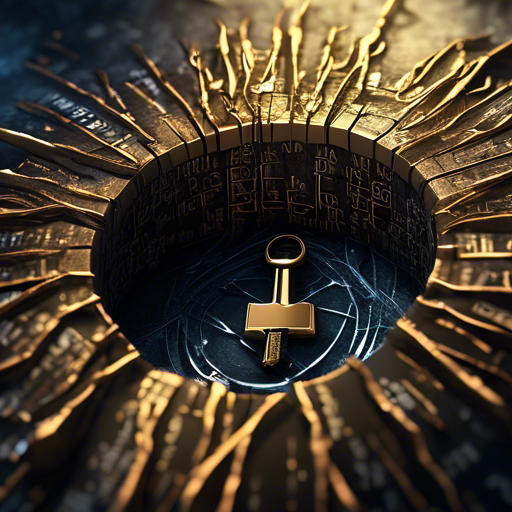What Makes a Good Password
While a weak password can be easily guessed, cracked, or compromised by cyber attackers due to its lack of complexity, length, and uniqueness needed to resist modern hacking techniques; a strong password is lengthy, typically exceeding 12 characters, and combines uppercase and lowercase letters, numbers, and special characters. Strong passwords are also unique for each account, avoiding common words, patterns, or easily guessable information, providing a robust barrier against unauthorized access and cyber threats. In other words, a strong password typically consists of several elements:

Length: Aim for at least 12 characters. Longer passwords are generally more secure because they become harder to crack. For example:
- Weak: password123
- Stronger: P@ssw0rd123!
- Even better: C0rr3ctH0rseB@tt3rySt@pl3
Complexity: Use a mix of uppercase and lowercase letters, numbers, and special characters. Here are some examples:
- Weak: abcd1234
- Stronger: Abcd!234
- Even better: P@$$w0rd!
Avoiding Dictionary Words: Using common words or phrases makes passwords easier to guess. Instead, consider using a passphrase that's meaningful to you but not easily guessable. For example:
- Weak: iloveyou
- Stronger: I_l0v3_Y0u!
- Even better: D0g$Chase@ft3rSquirrels
Uniqueness: Don't reuse passwords across different accounts. Each account should have its own unique password. For example:
- Weak (reused): MyP@ssw0rd1 (used for multiple accounts)
- Stronger: MyF@vor1t3P@ssw0rd! (unique for each account)
Randomness: Avoid using easily guessable patterns or sequences. Hackers can use algorithms to guess predictable patterns. For example:
- Weak: 12345678
- Stronger: 1qaz@wsx
- Even better: R@nd0mP@$$w0rd!
Regular Updates: Change passwords periodically, especially for sensitive accounts. For example, change passwords every few months or at least once a year.
See more Resources


